This week I was preparing for another out-of-town event. As I sorted stock, I realised I was opening my last box of Replicate paperbacks. (Apologies for the terrible post title pun … but, hey, replicate … copy … Ahhh, how about we move on … lol.) For those who aren’t familiar with the Blaine Colton trilogy, I’ll drop a Replicate marketing tile below as a refresher. 🙂
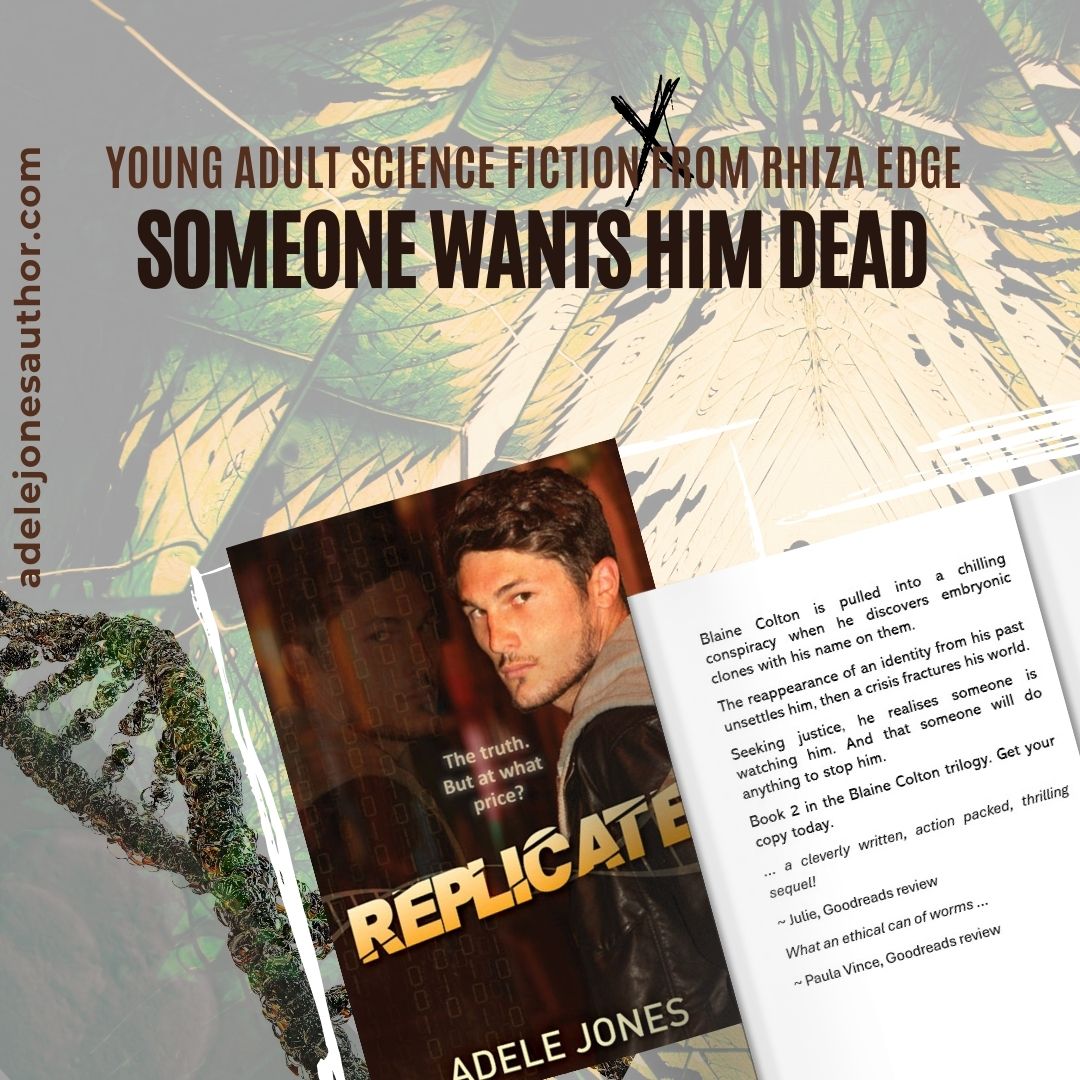 The day was warm, but as I packed books and loaded the car for my trip, it didn’t take long for me to start sweating uncomfortably. While travelling to the city where that event was being held, I watched the external temperature climb on the car thermometer through some regions, hitting the Queensland-typical heights our state is known for during this spring to summer transition season. That’s when we usually see our most spectacular storms, which you’ll also read about in Replicate, given it’s set in the lead up to Christmas and through into the New Year.
The day was warm, but as I packed books and loaded the car for my trip, it didn’t take long for me to start sweating uncomfortably. While travelling to the city where that event was being held, I watched the external temperature climb on the car thermometer through some regions, hitting the Queensland-typical heights our state is known for during this spring to summer transition season. That’s when we usually see our most spectacular storms, which you’ll also read about in Replicate, given it’s set in the lead up to Christmas and through into the New Year.
In that moment I had a flash back to a day in late December, all but ten years ago. It had been a hot season and I was at the midpoint of the Replicate manuscript, pressing towards a completion deadline. I was sitting in a chair, sweat beading down my body, wetting my clothing and chair seat. The temperature was hovering around 43/44 degrees Celsius (109.4 to 111.2 Fahrenheit for the Americans out there). There was no air-conditioning where I was writing, and barely a breeze. I’d spent some days wrangling with Blaine and Jett, writing out their ‘bromance adventure’ to the Sunshine Coast. Five thousand words later, after letting them lead the related scenes, we were no closer to the pivot point that would catalyse the next part of the story.
I tried many different versions of that scene sequence until, finally, I realised there was only one thing that would back Blaine into such a tight a corner to make him resolved enough to enact the plan critical to hitting the remaining plots points and reaching the story resolution, within my target word count. And it was not an option I really wanted to entertain. (Many of you know what I’m talking about …)
This leads me to an exciting (and considerably more uplifting, for those who have read the trilogy) announcement. As you may remember, I have been chipping away at Jett’s story over the past few years. I refer to it as book 1.5 in relation to the trilogy, as it sits between Integrate (book one) and into the first half of Replicate. Well, that manuscript is completed and I’m finally at a point where I feel like this novella might become a reality in the coming period.
So, keep you ears tuned for more news on this, and like Blaine in Replicate I hope you’re starting to get in a festive spirit leading up to Christmas 2024. It won’t be long before we’re singing carols and stringing up tinsel. Enjoy! 🙂


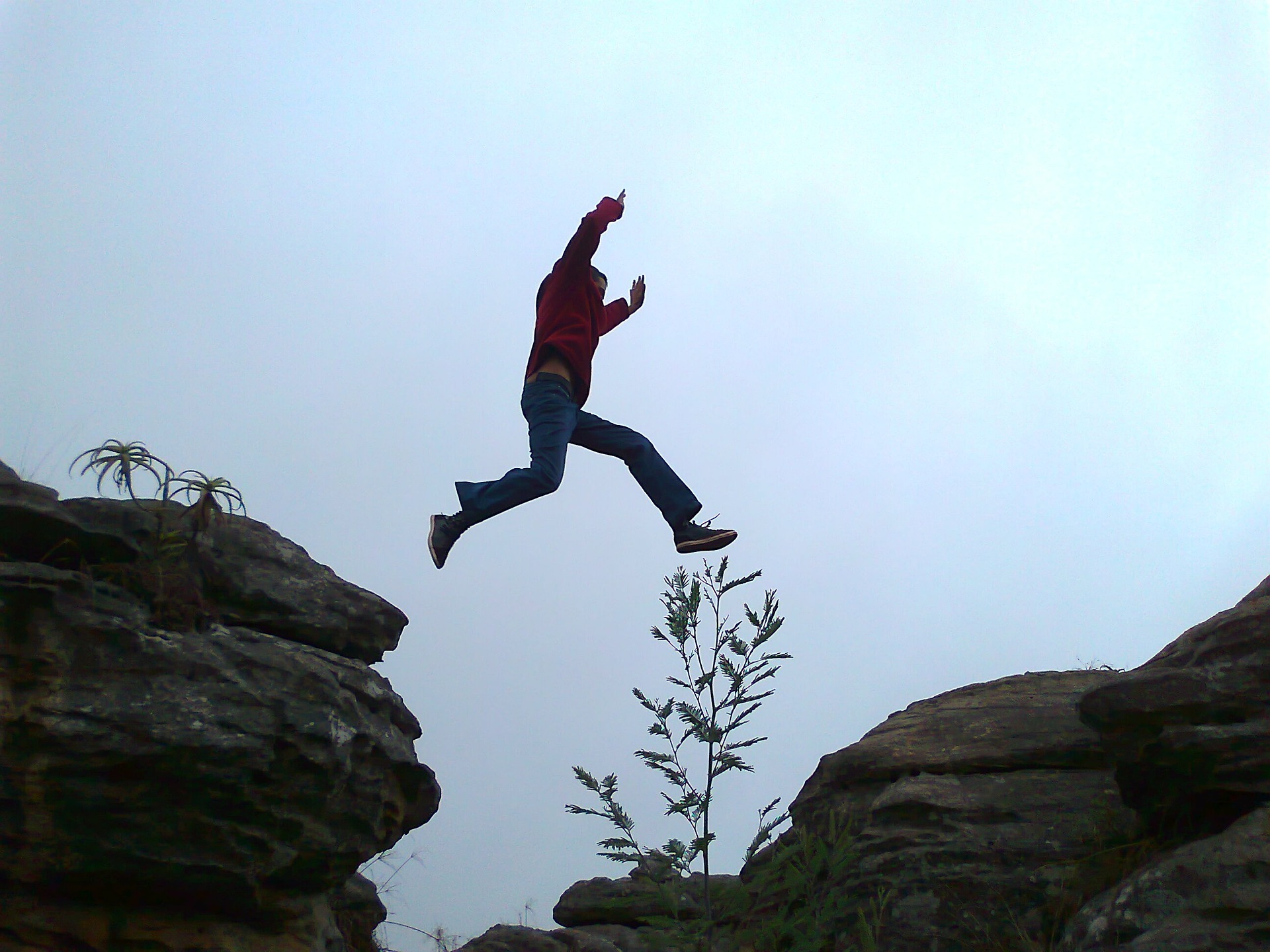

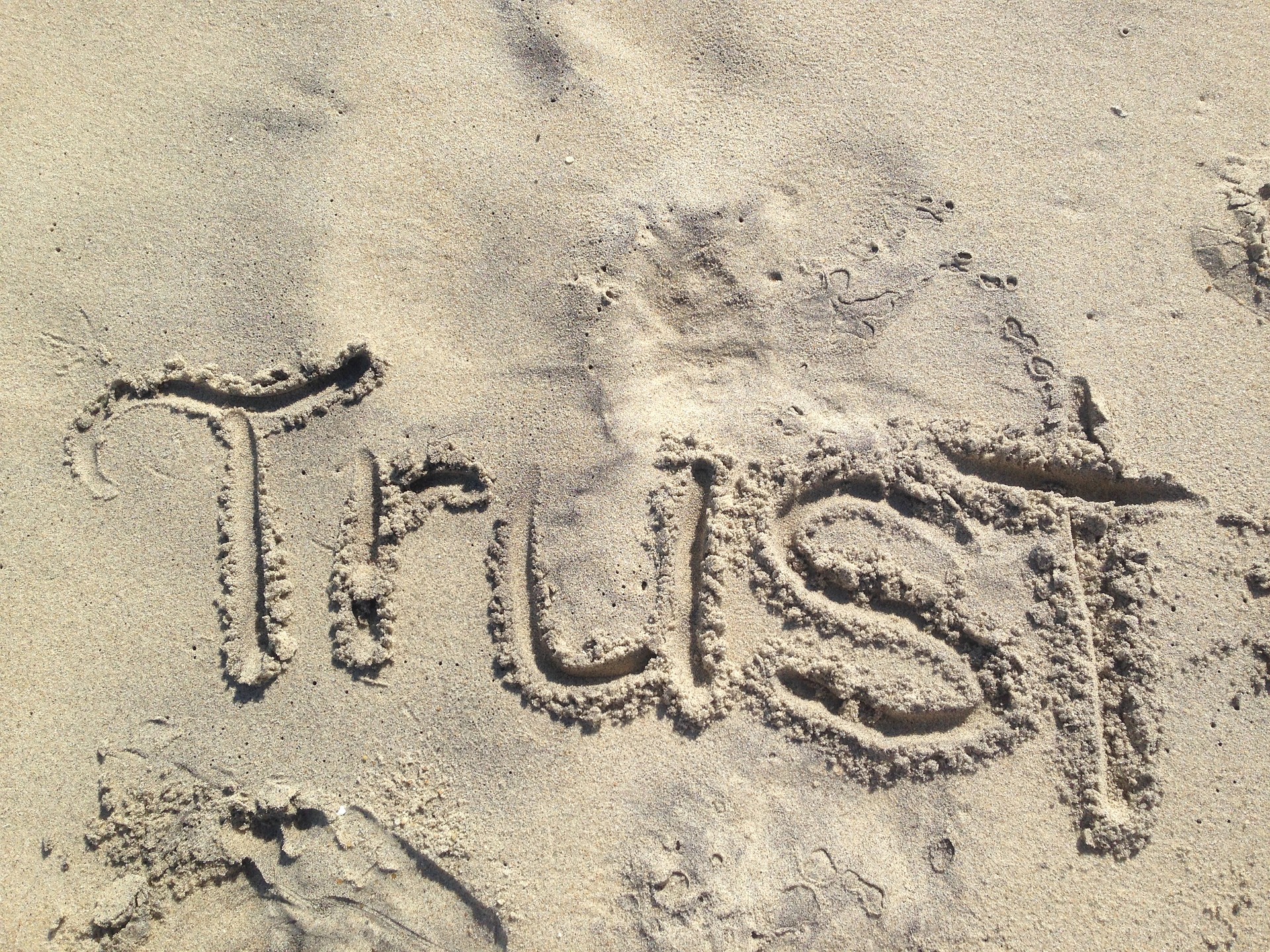
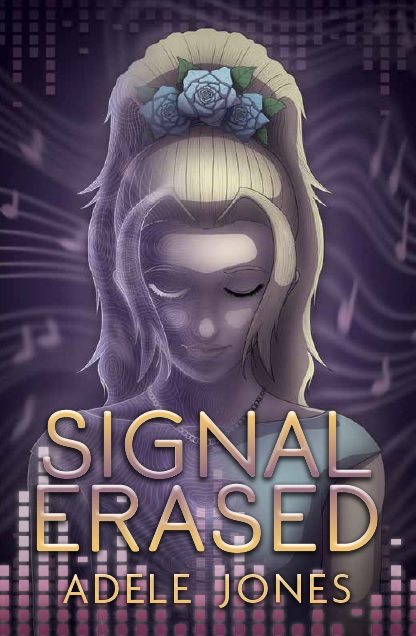
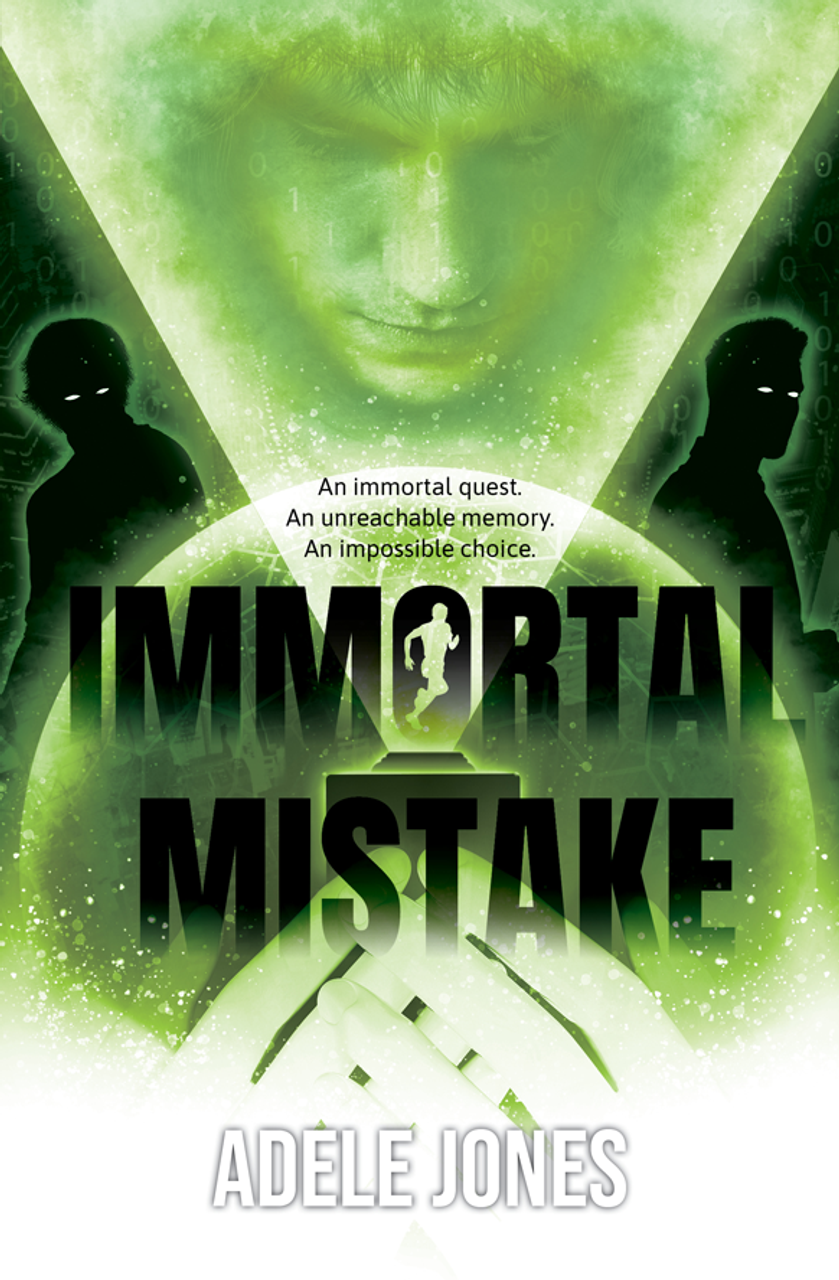 An exciting announcement today saw Immortal Mistake short-listed for the young adult published fiction category of the CALEB prize. Surprising and thrilling, it is always humbling to have one’s work recognised alongside other quality stories crafted by skilled wordsmiths, especially fellow YA short listed,
An exciting announcement today saw Immortal Mistake short-listed for the young adult published fiction category of the CALEB prize. Surprising and thrilling, it is always humbling to have one’s work recognised alongside other quality stories crafted by skilled wordsmiths, especially fellow YA short listed,